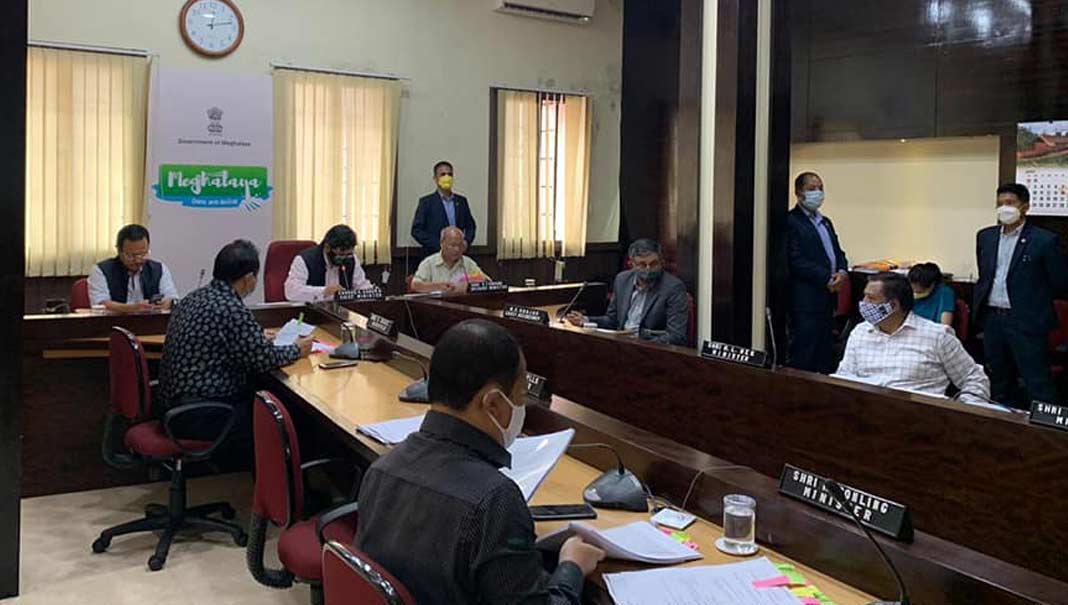MDA approves policy on reservation for women in VECs, CM terms decision ‘historic’
Chief Minister Conrad K. Sangma today informed that the cabinet has passed a historic decision by approving the “Policy on Reservation of seats for Women in Village Employment Councils (VECs)”.
The State Government has brought the policy of reserving at least 50 per cent seats for women in the grassroot village level community institutions (VECs).
The policy entails: (a) Position of the Secretary of VEC will be reserved for women members in all VECs on a rotational basis. Adult women who are active community workers with leadership qualities can contest for this post. (b) Position of Chairperson will be reserved for women in VECs where the posts of Chairperson is not held by the traditional heads which will also be on rotation basis.
He informed that the policy has been brought with an aim to address different grassroot problems related to gender equality and developmental issues and its main intention is to involve active participation of women.
“Women leadership implies creation of agency for women that will enable them to take decisions and participate in the developmental process as well as decisions that impact their lives,” the Chief Minister elaborated.
He said that the policy aims to create an enabling environment for women to exercise leadership and give them equal opportunities in grassroot governance. VECs are apolitical organisations formed for implementation of MGNREGA works.
“Most of the time, focus is laid on improving the well-being of women but not on creation of an agency for women to exercise her freedom and leadership, and through this policy we want to ensure empowerment of women”, the Chief Minister stated.
The VECs were constituted under MGNREGA in 2006 in every village. VECs comprised of all male and female heads of each households with the traditional Headman generally heading the Council. With active involvement of the traditional institutions, the VECs have been performing well across the State. A need is felt to upscale the effectiveness of the VECs and the policy aims to empower the women.
He said that data available with the government states that in few VECs where female members hold the position of Chairperson (112 nos.) and Secretaries (260 nos.), the execution and maintenance of works and record keeping is found to be exemplary.
The State Government’s main objective with regards to rural development has always been to strengthen rural economies with a larger objective of bringing in women’s participation in rural development activities so that effective leadership can be taken forward.
Also, with the looming economic stress arising due to the current COVID-19 pandemic in the State, there was a felt need that every member at the community level should be given equal opportunity in leadership driven programmes and processes involved for reviving the economy.
Besides fulfilling the objective of strengthening rural livelihoods through active women’s participation, the policy also aims to achieve the following:
- The Maternal Mortality rate of Meghalaya is higher than the national average and this policy will provide impetus to women’s active participation in public health, thereby significantly bringing down the MMR and IMR which will also entail an increase in life expectancy of the people of the State. The State life expectancy is only 62.3 years as compared to national average of 68.5 years.
- With this policy, the Government aims to improve all its performance in achieving Sustainable Development Goals (especially the SDG goal 5 on Gender Equality) by 2030. Currently, the SDG-5 ranking of Meghalaya is 25 among all states of India.


Leave a Reply